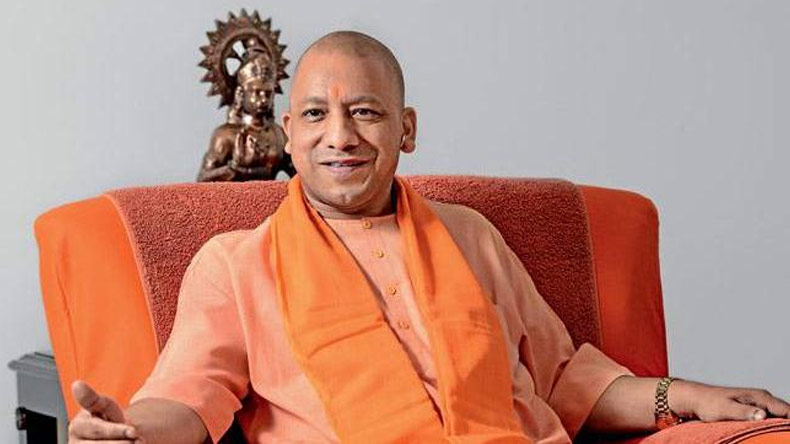The harmful effects of usage of plastics are not hidden from everyone. Not only the plastic is non bio degradable in the long term , it also has many dangerous fallout on the environment ranging from choking animals to death to contributing a large amount of greenhouse gases upon recycling. Prime Minister Narendra Modi has taken up the initiative to end the usage of plastic in the nation by 2022. Following this idea, the second most populous state in the nation introduced a ban on plastic in March this year. The Devendra Fadnavis-led state government enforced the ban by issuing the Maharashtra Plastic and Thermocol Products (manufacture, usage, sale, transport, handling, and storage) notification. The government had given the manufacturers, distributors, and consumers a period of three months to dispose their existing stock and come up with alternatives to plastic usage. Following the suit, the Uttar Pradesh government led by CM Yogi has introduced a plastic ban in the state. The ban in Uttar Pradesh will be enforced from the 15th of this month.
The mere idea of two most populous states, Uttar Pradesh and Maharashtra, putting a ban on plastic is a commendable step in itself. The ban in Maharashtra covers the manufacture, usage, sale, transport, distribution, wholesale and retail sale and storage, import of plastic bags with or without handle, and disposable products made out of plastic and thermocol. Citing the environmental risks and harm caused to wild animals from ingestion or entanglement in plastic, under the notification products manufactured from plastic and thermocol have been covered. As a result, usage of plastic bags with a handle and without handle, disposable cups, and plates, spoons, forks, glasses, and containers is prohibited in the state. Plastic packaging used to wrap and store the product is also included in the ban. Apart from this plastic straw, non-woven polypropene bags, pouches and any other plastic used to store, package and transfer food items will no longer be permitted in the state. Besides, it has banned the use of plastic and thermocol for decoration purposes. While the ban will be implemented within Maharashtra, passengers coming to the state from other parts of the country are also expected to maintain caution while disposing plastic at stations. As per the notification, violators will be fined Rs 5,000 and Rs 10,000 for the first and second-time offense. A third-time offender will have to shell out Rs 25,000 and may also face imprisonment for a period of three months.
Mumbai-based NGO, Vanshakti, which works for safeguarding the environment, welcomed the government’s decision saying such a ban should have rather been brought 10 years ago. “The menace and damage caused by excessive careless and needless use of plastic has caused a massive damage to the ecosystem,” the NGO’s convener, Stalin D, said. “The burning and degradation of plastic releases carcinogenic toxins. The micro-plastics have entered our food chain. Wherever plastic is needed for packaging like the milk pouches, there cellulose-based compostable plastic can be used,” he suggested. Commercial bodies, like the All India Plastic Manufacturers Association, the Maharashtra Chamber of Commerce and Industry (MCCI) and the Clothing Manufacturers Association of India, say the plastic ban would have an adverse impact on the Rs 50,000-crore industry, besides affecting the ancillary units.
MCCI’s vice president Lalit Gandhi said the plastic ban has derailed the production, packaging and supply schedules of the grains, bakery and clothing industries. “Many units are on the verge of closure in the absence of the basic packaging material – the plastic bags – and we fear that nearly three lakh people employed there may become jobless.
Despite the backlash, both the governments, of Uttar Pradesh and Maharashtra, are standing firm on the plastic ban. The upcoming generations will forever be indebted to all these steps taken by these governments.
